The technology industry moves fast. Businesses that fail to adapt quickly risk falling behind. In this digital-first era, automation is no longer optional—it’s essential. That’s where RPA development services come in. Robotic Process Automation (RPA) has transformed the way organizations operate, enabling them to handle repetitive tasks with unmatched accuracy and speed. Today, RPA isn’t just a buzzword. It’s a competitive advantage that drives growth, efficiency, and innovation.
What Makes RPA So Powerful?
RPA mimics human actions by using software bots to perform rule-based tasks. These bots handle everything from invoice processing to customer support tickets. Unlike traditional automation, RPA doesn’t require deep system integration. It interacts with existing applications just like a human would—clicking, typing, and reading data from screens. This makes RPA development services flexible, scalable, and quick to deploy. According to Deloitte, 78% of companies have already implemented or are scaling RPA. And this number continues to rise every year. Why? Because it saves time, cuts costs, and reduces human error.
The Emotional Impact of Automation
Many fear that automation will replace human jobs. But the truth is more uplifting. RPA doesn’t replace people—it empowers them. Employees can finally focus on creative and strategic tasks instead of tedious data entry. Imagine a finance team spending their day analyzing trends rather than reconciling spreadsheets. Or a healthcare administrator dedicating time to patient care rather than filling out forms. When RPA takes over repetitive tasks, it gives humans their time back. That’s the beauty of automation.
Why RPA Development Services Are a Game Changer
Every organization is unique. Off-the-shelf automation tools rarely fit perfectly. That’s why RPA development services have become so vital. Customized RPA solutions align with specific business goals and processes. Experienced developers design bots that integrate seamlessly across departments. Whether you run a startup or a global enterprise, RPA development can be tailored to meet your operational needs. According to Gartner, businesses can achieve up to a 30% cost reduction within the first year of RPA implementation. That’s real value delivered through smart automation.
Real-World Applications Driving Growth
RPA is everywhere. In the banking sector, bots verify KYC data and process loan applications faster. In retail, they update inventory and manage returns automatically. In healthcare, RPA handles insurance claims and billing with precision. Even HR departments now use bots to screen resumes, schedule interviews, and onboard employees. These examples prove one thing—RPA development services bring measurable impact across industries. For instance, Forrester reports that companies leveraging RPA see a 300% return on investment within 12 months. That’s not just impressive—it’s transformational.
How to Start Your RPA Journey
Transitioning to automation doesn’t have to be overwhelming. The key lies in strategic planning. First, identify the processes that consume time but add little value. Data entry, report generation, and compliance checks are good examples. Next, consult an RPA development partner who understands your business needs. A reliable provider will conduct a process audit, design workflows, and build bots tailored for you. Finally, train your team to collaborate with these bots effectively. When people and automation work together, the results are incredible.
Overcoming Common RPA Challenges
Like any technology, RPA implementation comes with challenges. Many organizations struggle with change management and bot maintenance. Others worry about security and data privacy. The solution is simple—start small, scale smart, and prioritize governance. With expert RPA development services, you can set up a robust monitoring system to track bot performance. Regular updates and audits keep your automation framework secure and efficient. Remember, successful RPA is not about replacing systems; it’s about improving them.
The Role of Artificial Intelligence in RPA
The next wave of automation is here—Intelligent RPA. By integrating Artificial Intelligence (AI) and Machine Learning (ML), bots can now make decisions, analyze unstructured data, and even learn from patterns. For instance, AI-powered bots can read emails, interpret emotions, and respond intelligently. Combining AI with RPA development services transforms basic task automation into intelligent workflows. This fusion, often called hyperautomation, enables end-to-end digital transformation. A report by IDC predicts that global spending on RPA will surpass $13 billion by 2030, driven largely by AI integration.
Measuring the ROI of RPA
You can’t improve what you don’t measure. To truly understand RPA’s value, track metrics like process cycle time, error rate, and cost per transaction. Most organizations witness immediate efficiency gains. For example, a logistics company using RPA to manage shipment data saw processing time drop by 80%. Another retail brand reduced customer service costs by 40% after automating chat responses. These numbers highlight the tangible ROI RPA development services can deliver. The goal isn’t just to cut costs—it’s to boost productivity and enhance customer satisfaction.
Future Trends Shaping RPA
The future of RPA looks bright. Low-code RPA tools are making automation more accessible. Businesses can now build bots without deep technical skills. Cloud-based RPA platforms are enabling remote scalability, allowing enterprises to automate across geographies. Another trend is cognitive automation—where bots analyze and adapt like humans. As these technologies evolve, RPA development services will continue to redefine how organizations function. The ultimate goal is not just automation, but autonomy—where systems operate seamlessly without constant human input.
Why Businesses Should Invest Now
Waiting too long to adopt RPA could mean losing your competitive edge. The sooner you start, the faster you gain operational efficiency. Early adopters already report a 50% improvement in turnaround times and a 35% increase in customer satisfaction. Delaying automation means missed opportunities, higher costs, and slower growth. Partnering with a skilled RPA development service provider ensures you stay ahead of the curve. They bring technical expertise, best practices, and a deep understanding of process optimization.
Building an Automation-First Culture
Technology alone isn’t enough. Success lies in fostering an automation-first mindset. Encourage teams to identify repetitive tasks that can be automated. Celebrate every success, no matter how small. Empower employees to innovate and contribute ideas. When people embrace automation, transformation becomes unstoppable. The culture of continuous improvement keeps your business resilient and future-ready.
Final Thoughts
Automation isn’t just about machines replacing humans. It’s about humans working smarter with machines. RPA enables businesses to scale operations, reduce errors, and improve customer experiences effortlessly. The emotional reward is undeniable—less stress, more creativity, and greater purpose at work. If you’re still wondering whether RPA development services are worth it, the answer is clear. They’re not just worth it—they’re essential for success in today’s digital world. So, take the leap. Start your RPA journey today. And if you found these insights valuable, share this post or link to it so others can join the movement toward smarter, faster, and more human-centered automation.


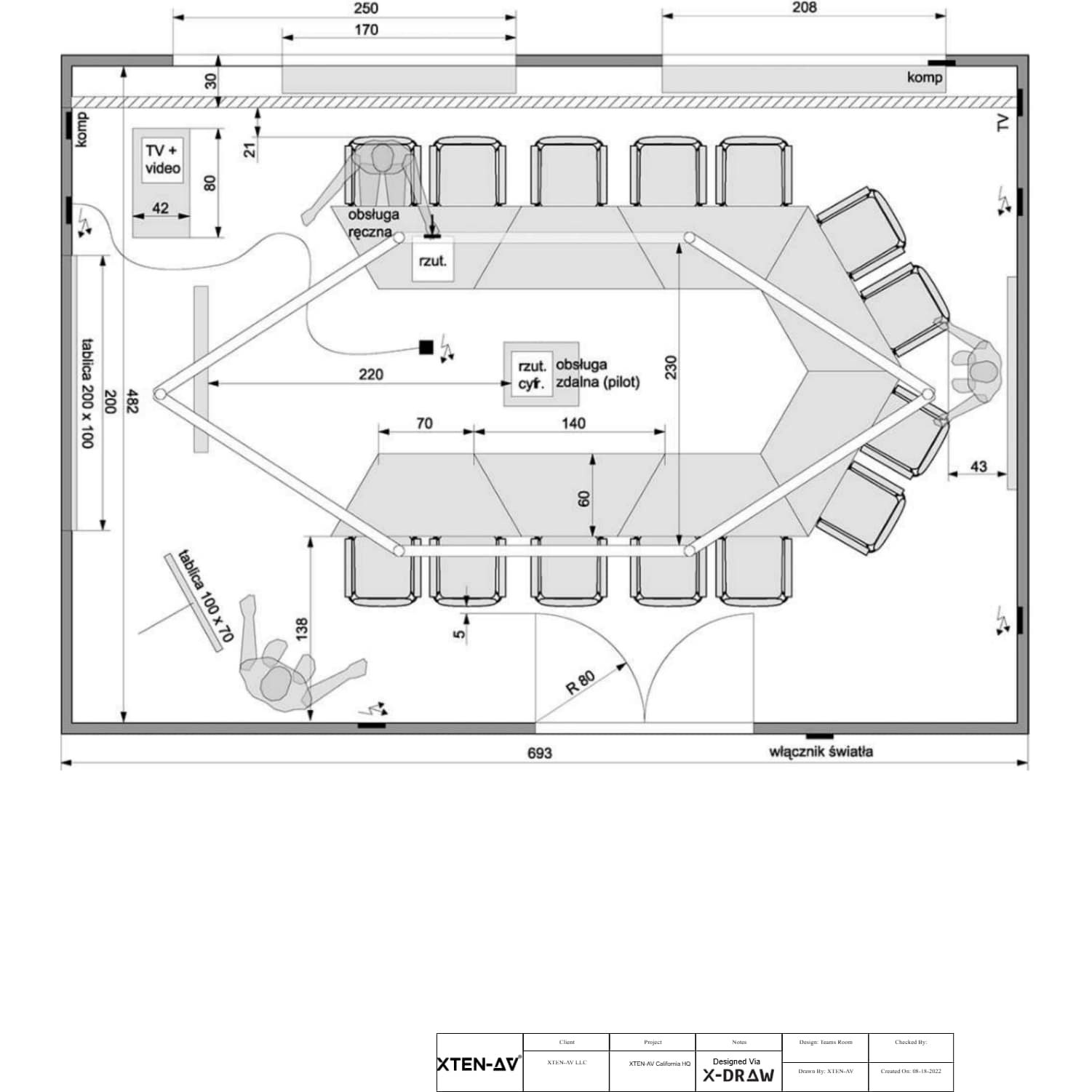
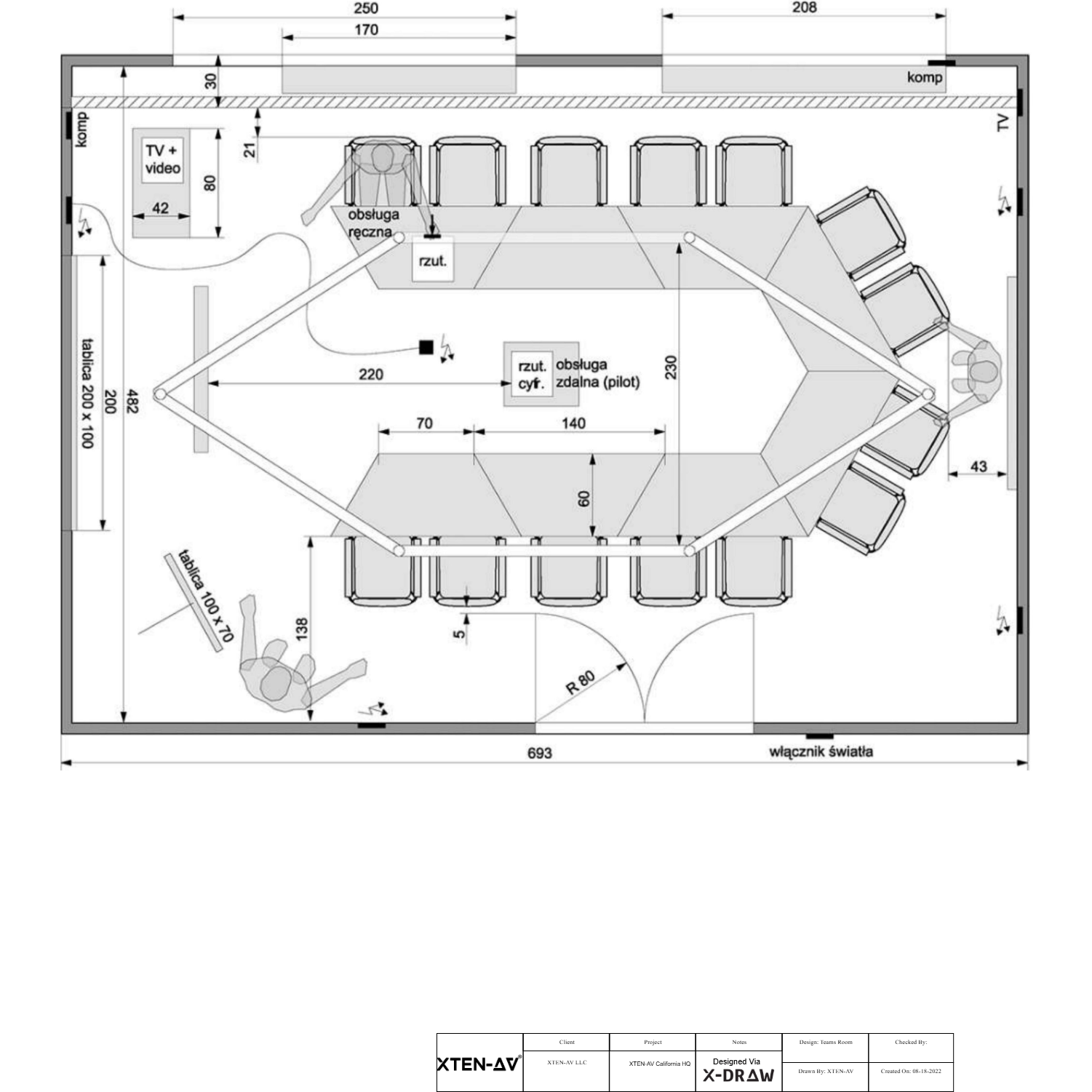




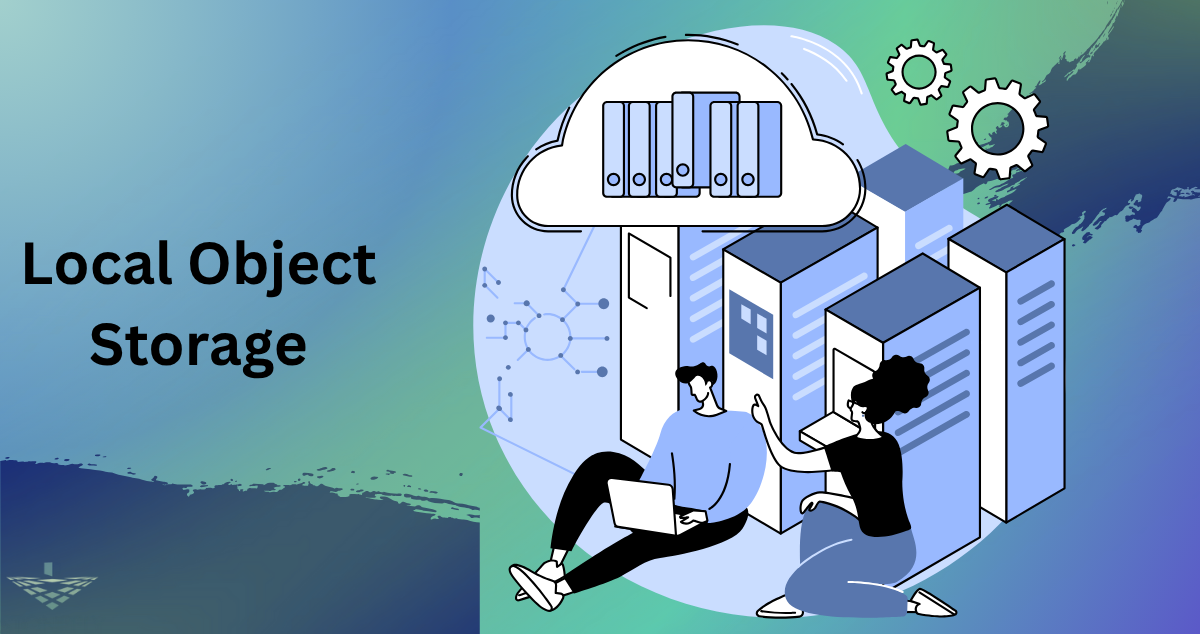
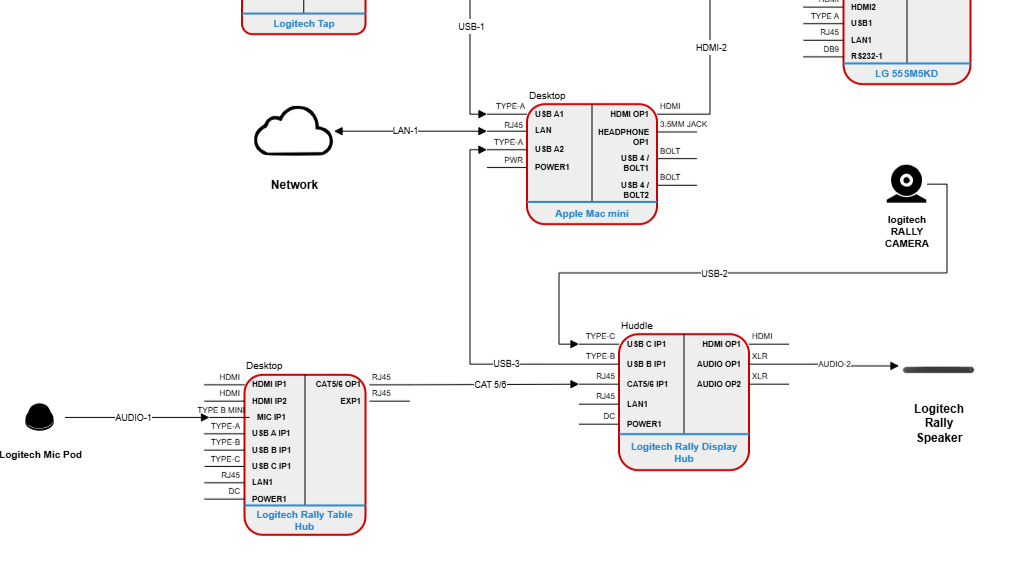
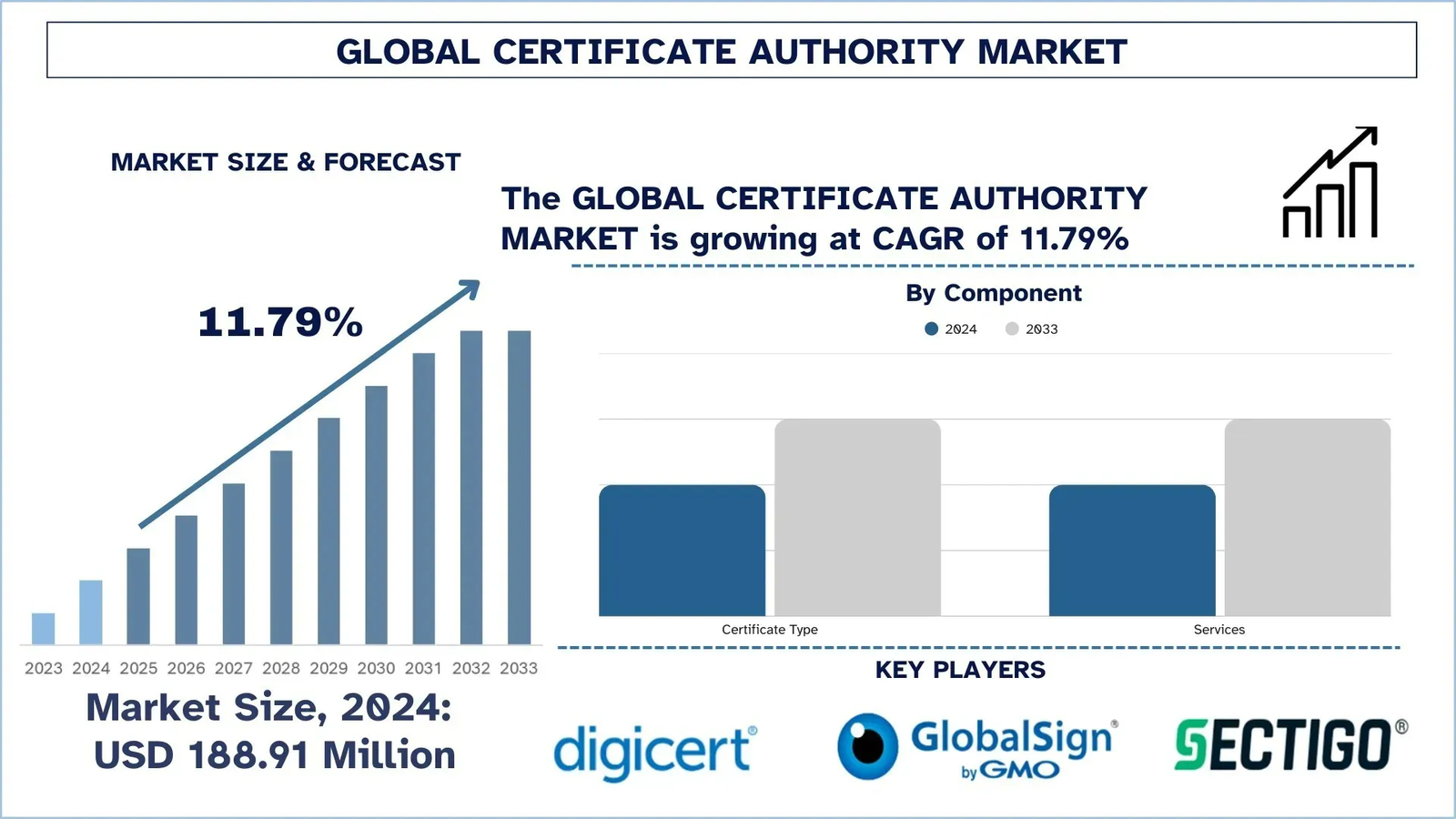
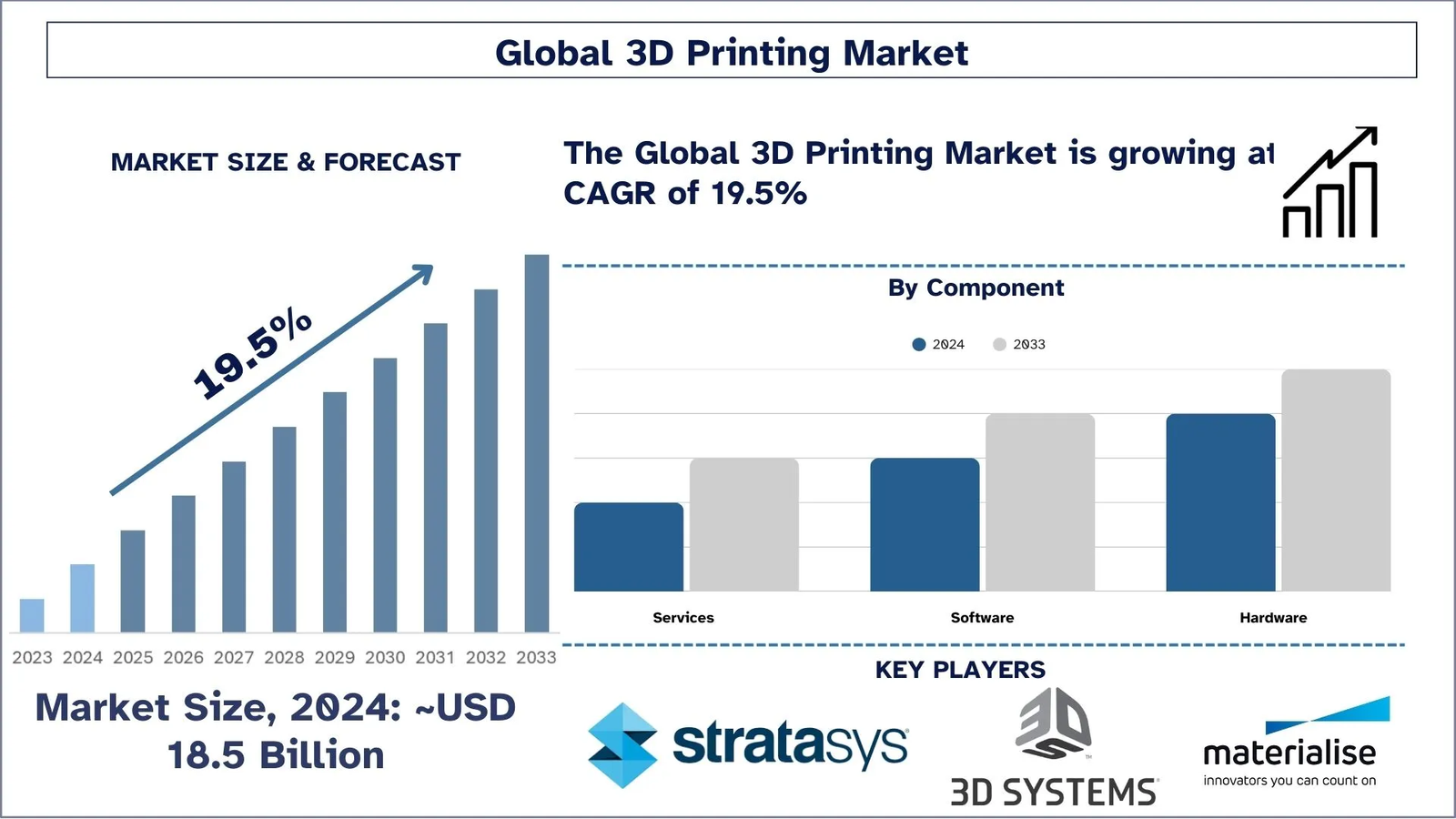
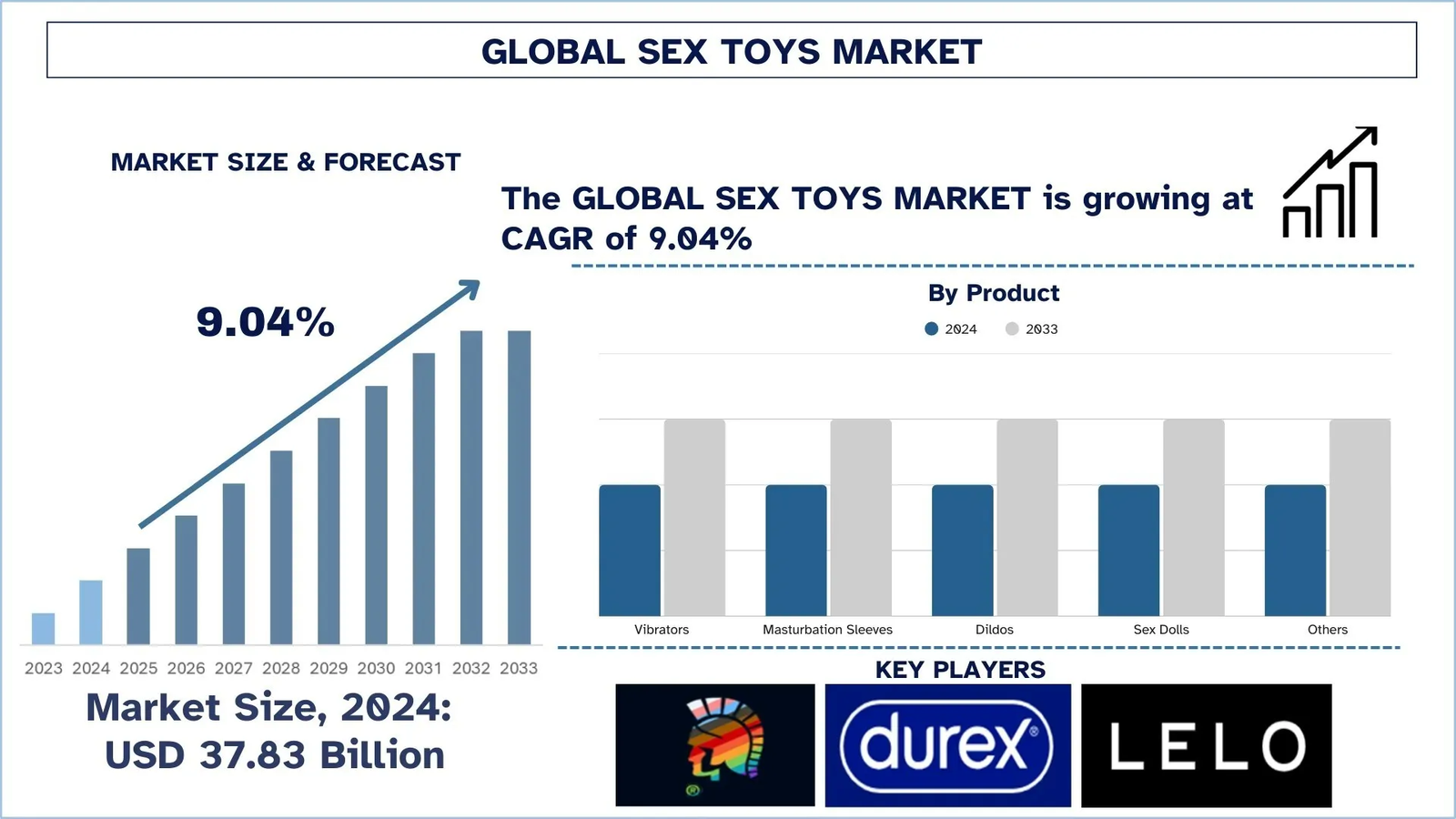
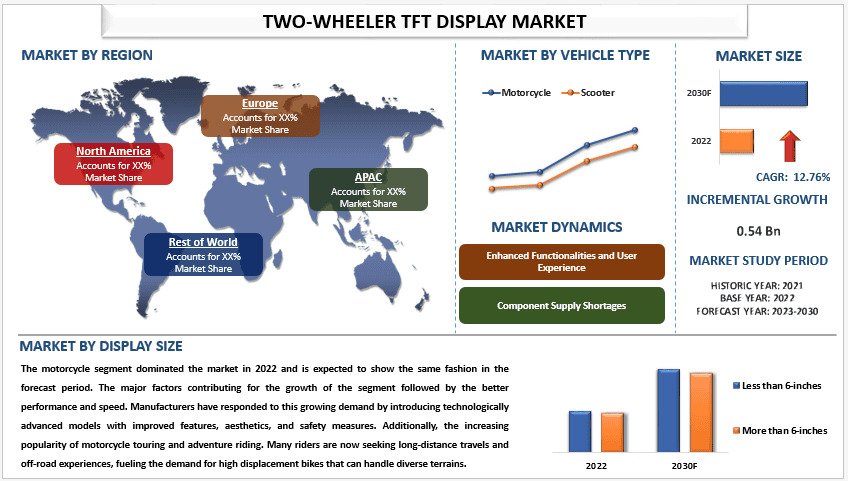
Leave a Reply